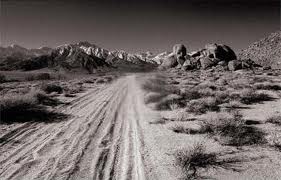Tuesday, October 30, 2012
Faith in the Age of Criticism Pt. 6
Without critical evaluation, our own faith becomes weak and eventually either erodes, or becomes fundamentalist fanaticism. A continual critical evaluation of what we believe and why we believe it, as well as a constant attempt to apply our faith to our daily lives, keeps us from falling into either extreme. If we truly believe that the Bible is the “living Word”, capable of speaking into contemporary situations, while at the same time believing that things written thousands of years ago to a nomadic, primitive, agrarian society still matter today, we must involve our critical skills. We must know how to engage a text, how to put it into its historical context, how to see it within the larger context of the chapter or verse in which it resides, and how to understand the use of narrative, poetry, and metaphor. Not everything is literal. Not everything is prophetic. Not every detail applies to the modern context. Are we trying to apply non applicable parts of a text to our modern situation? (Yes, there are parts of the Bible, and details in the Bible that don't apply to us today.) Are we trying to take ancient details and make them work today? Or, are we attempting to understand and see the underlying principle that applies across cultures and then apply that principle to our lives? Too many cults don't understand this type of critique. They refuse to apply simple, critical tools to their reading of the Bible and end up creating whole movements around things like what you can and can't eat, what you can and can't watch or listen to or enjoy, who can and can't preach, how to absolutely know the exact time when the world will end, or new (and usually deviant) sexual norms (this is a big one). The other eventuality to a non-critiqued faith is for that faith to become outdated and irrelevant. It is easy, over time and without critique, to lose sight of the importance of the Bible to our lives today. Soon it becomes a collection of irrelevant and boring stories that have no place in the modern world. One day we wake up and find that we haven't opened the Bible for months...years...decades...because there is no point to it. Because of this, it is vital for us to continually ask ourselves what we believe and why we believe it. This critical evaluation keeps faith growing, alive, strong, and relevant.
